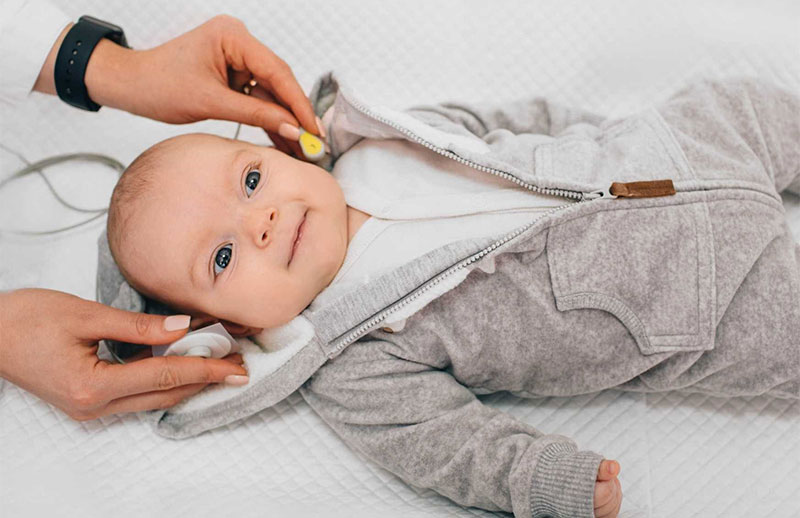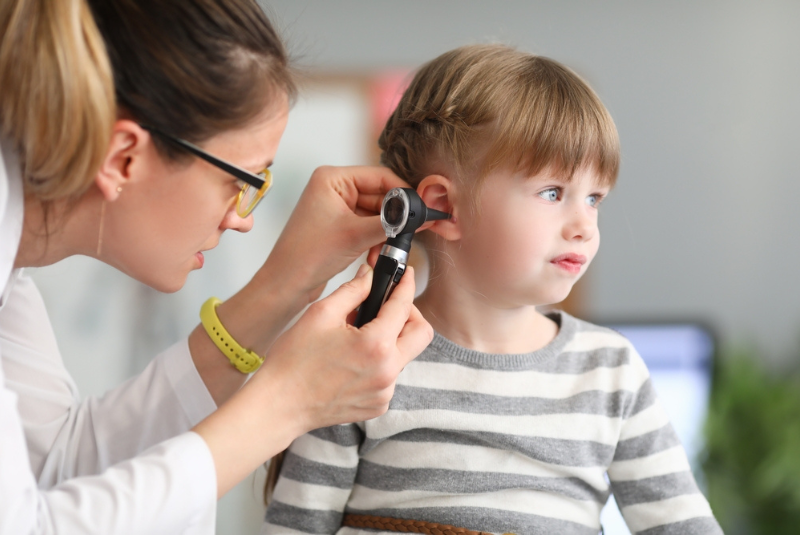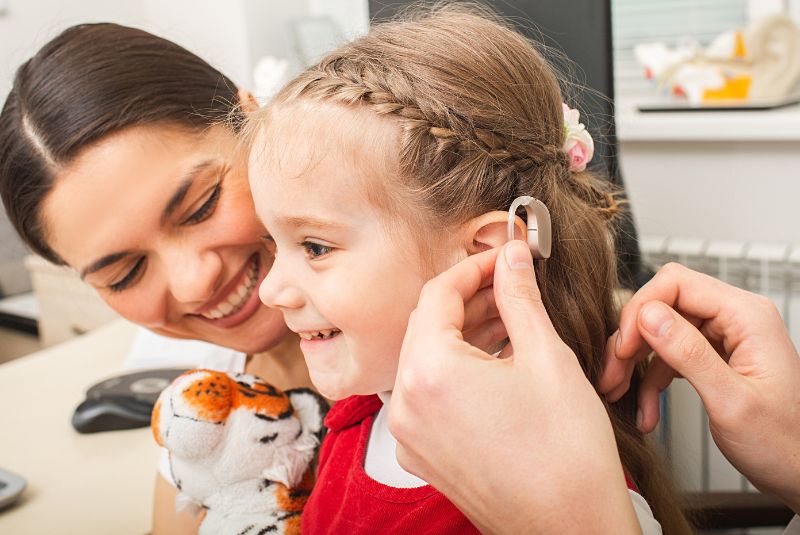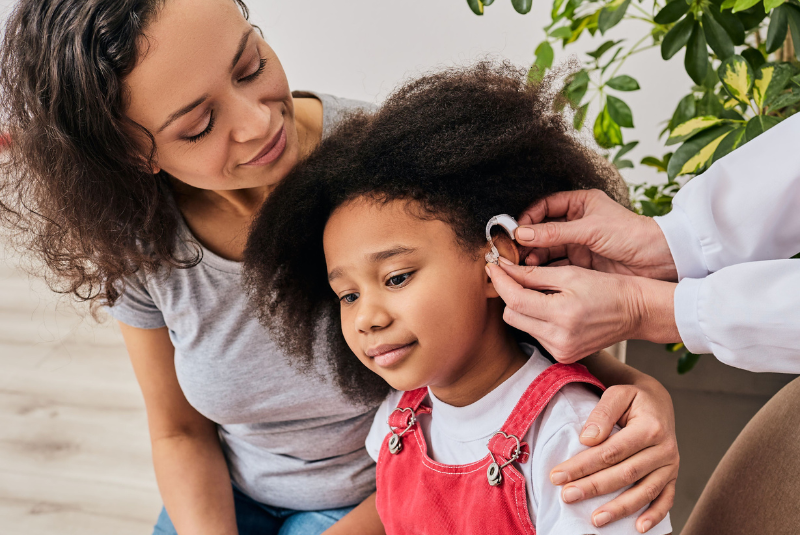
Hope for children with hearing loss
What's the child health challenge?
Hearing loss affects up to three in every 1000 newborns. It is the most common congenital condition (present from birth) screened at birth.
About 110 Victorian babies are born with permanent hearing loss each year. Without a screening program, diagnosis is often delayed until at least one year of age.
Over 12,000 Australian children live with significant hearing impairment. They can face challenges in language, communication, learning, and social and gross motor skills.
What's the child health challenge?
Hearing loss affects up to three in every 1000 newborns. It is the most common congenital condition (present from birth) screened at birth.
About 110 Victorian babies are born with permanent hearing loss each year....
What's the child health challenge?
Hearing loss affects up to three in every 1000 newborns. It is the most common congenital condition (present from birth) screened at birth.
About 110 Victorian babies are born with permanent hearing loss each year. Without a screening program, diagnosis is often delayed until at least one year of age.
Over 12,000 Australian children live with significant hearing impairment. They can face challenges in language, communication, learning, and social and gross motor skills.
What's the discovery or innovation?
Our innovations include:
- One of the world’s first state-wide screening programs to detect congenital hearing loss - The Victorian Infant Hearing Screening Program - which screens newborns and detects impairment an average eight months earlier than those screened because of risk factors.
- The world’s largest collection of health information from hearing-impaired children, VicCHILD, aimed at unlocking the secrets of hearing loss.
- A trial using saliva swabs to detect the leading infectious cause of hearing impairment in babies–congenital cytomegalovirus.
How is it changing children’s lives?
Our world-leading research to understand causes, effects, and ways to support children results in improved detection and treatment.
Screening enables babies with moderate, severe, or profound hearing loss to receive the best possible care, including early diagnosis and interventions such as hearing devices, cochlear implants, speech therapy and/or sign language.
Goals include helping every child with hearing loss reach their full language and developmental potential. We hope that one day our work can stop hearing loss from progressing or even reverse it.






